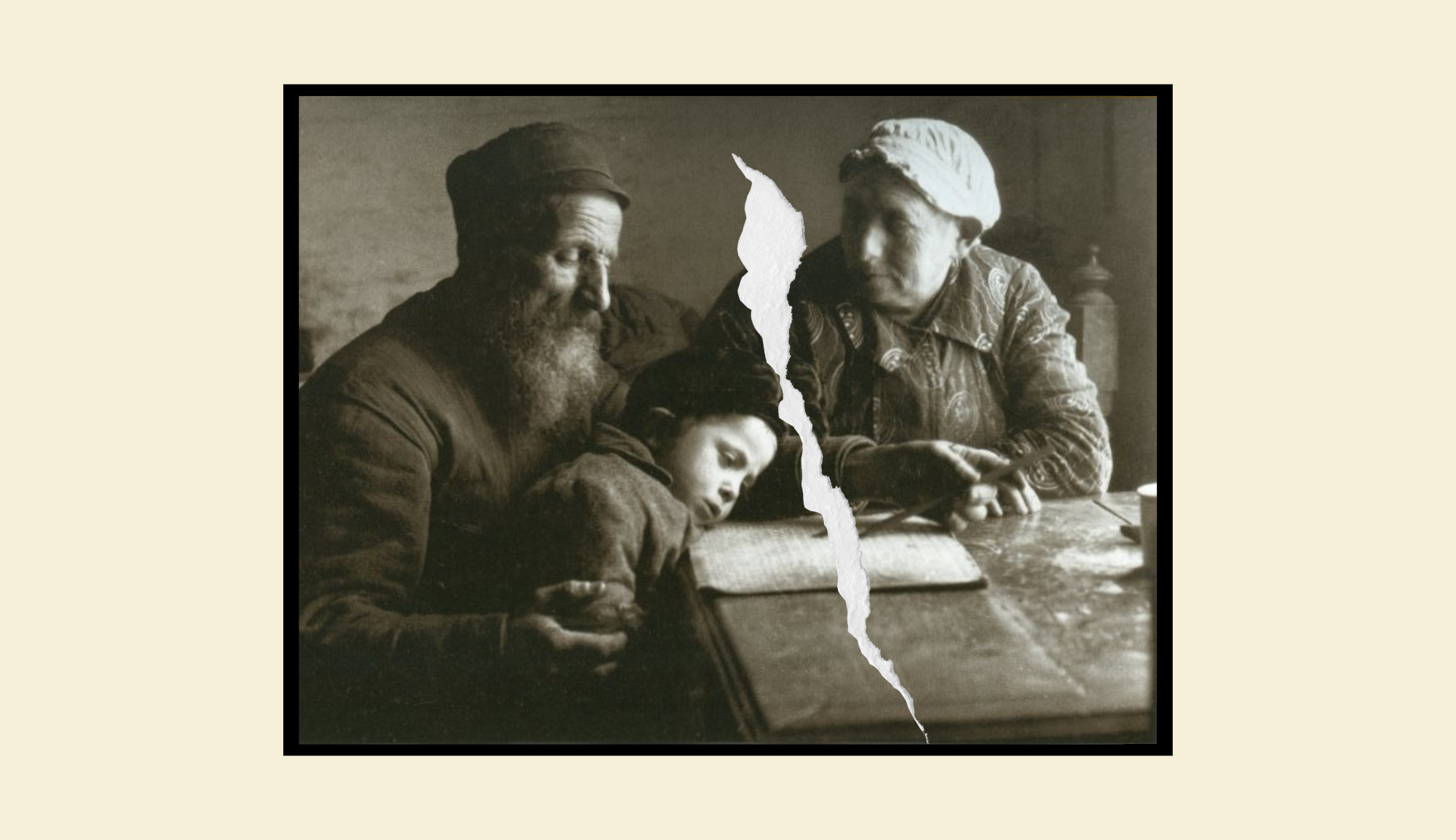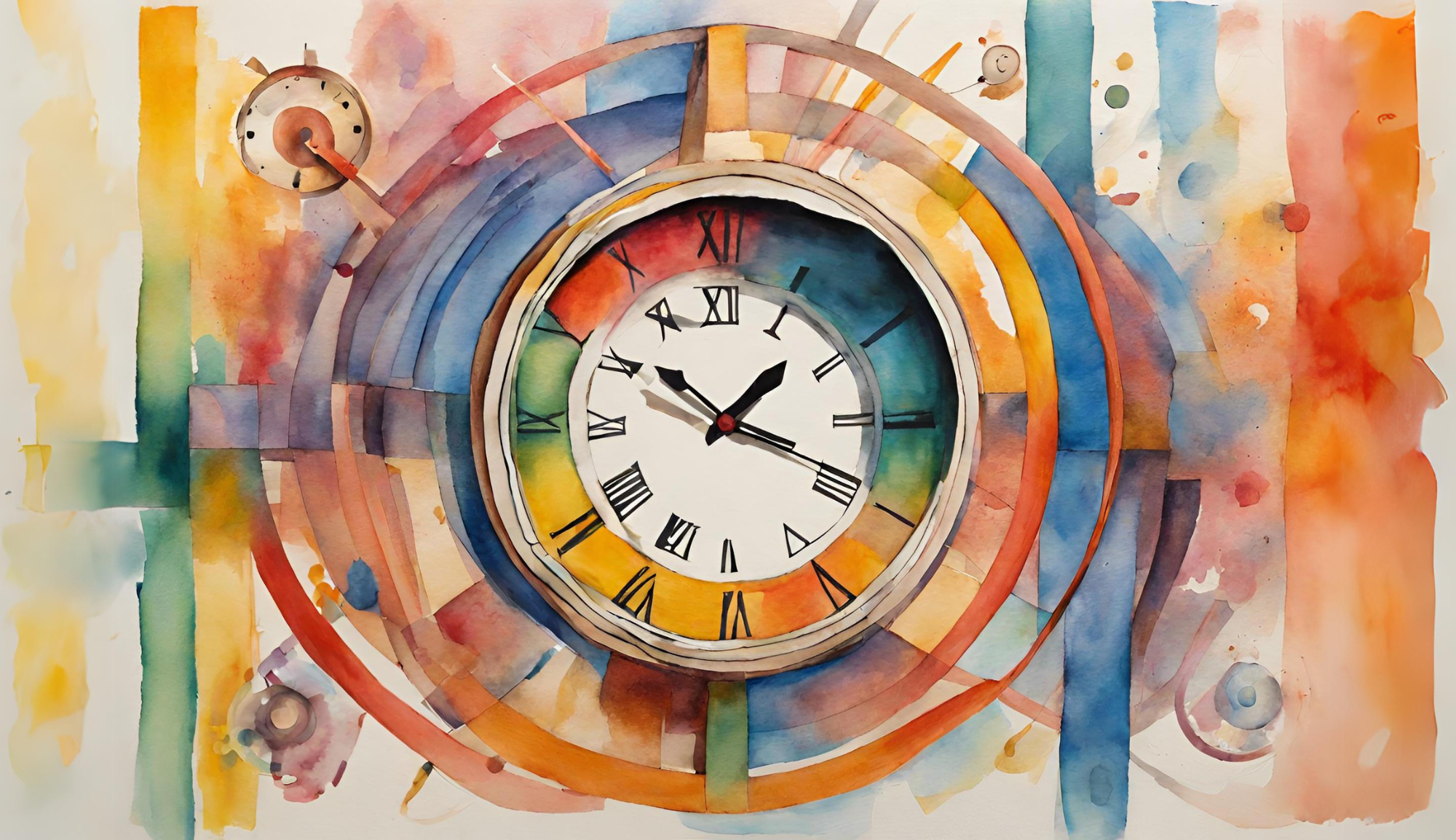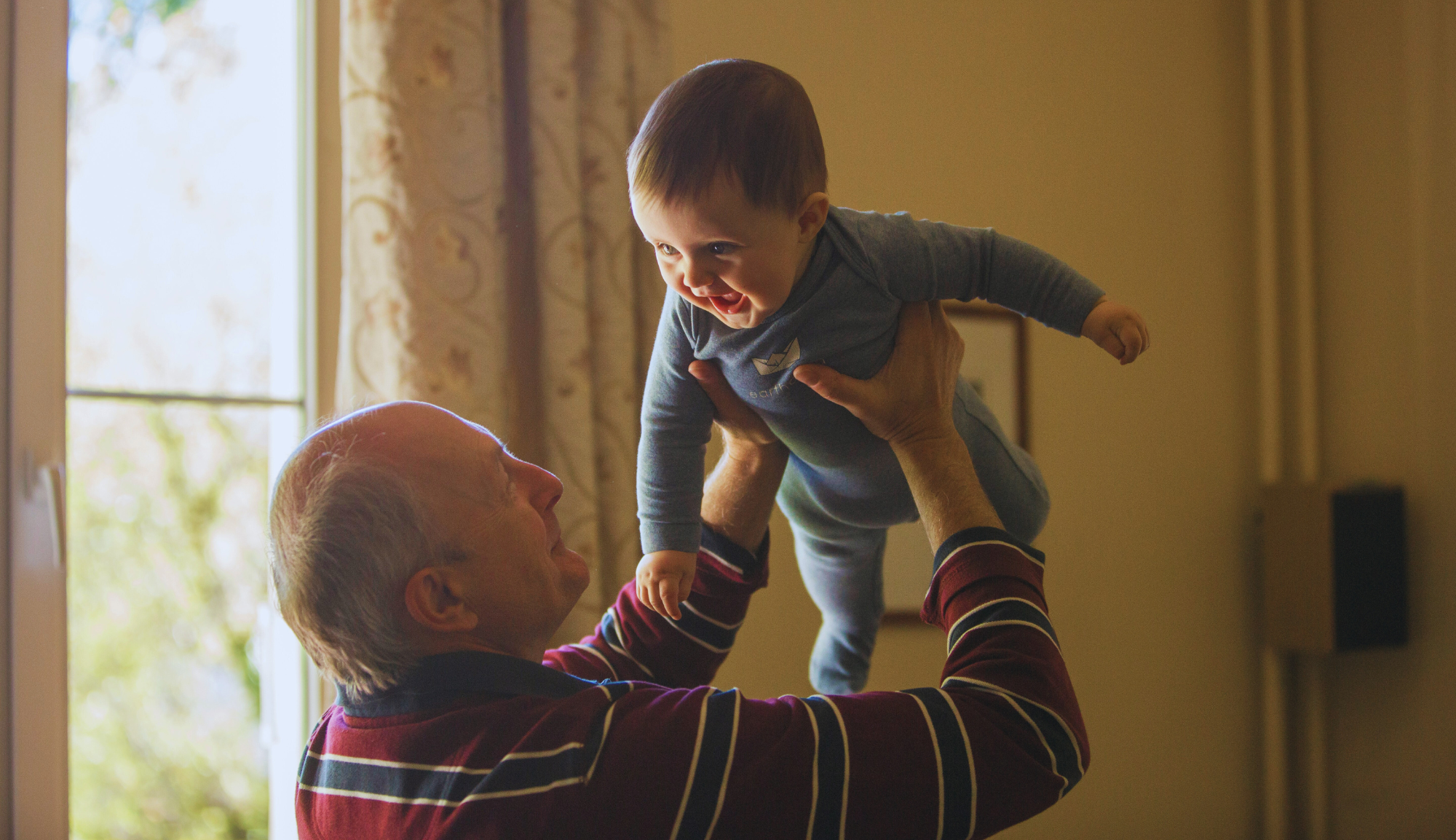Meet Oswald Spengler (1880-1936). Oswald, or Ozzie for short, was a German historian and philosopher of history who gained great renown for his two-volume work, The Decline of the West. In this work, Ozzie embraced a sort of cultural pessimism, arguing that each culture has a definite lifespan and follows a determined progression, and that the western culture is living out its own ending, akin to the death throes of an ancient civilization in decline.
Ozzie had some less-than-choice comments to make about Judaism and the import of his book is largely for the literary afterlife it enjoyed; ‘Spenglerian thinking’ has come to mean thinking that is overly pessimistic or fatalistic. If Hegel (as we discussed in a recent Weekend Reader) saw history as a gradual and eventual upwards progression, an eternal unfolding, Ozzie sees the decline in everything as ultimate and unending.
Ozzie writes of history that it is:
“a drama noble in its aimlessness, noble and aimless as the course of the stars, the rotation of the earth and alternation of land and sea, ice and forest upon its face. We can marvel at it or we may lament it—but it is there.”
Ozzie was soon responded to by Toynbee, a British historian with a somewhat more optimistic view of history, one that allowed for an intervening God in the pattern of history.
You might be wondering: Ozzie, Toynbee, why does any of this matter?
This matters because the issues at the heart of the debate between these thinkers are questions fundamental to contemporary life: Is change good? Does the change that manifests between parents and children, between generations, between eras, eventually lead upwards?
In the Jewish idiom, this is also the question of the ascent or descent of humanity: Yeridas Hadoros. Some of us grew up with this message floating through our homes and classrooms, that which once was is greater than that which is. In a more local sense, children are less than their parents, and certainly less than their grandparents. This is the question of intergenerational divergence.
When thinking about intergenerational divergence, we are looking at the world of the family on two planes. One is intimate and immediate, and asks the personal question: How do families cope, love, and grow through difference? The other is the more broad, far-reaching, and abstract question: What does the ability and importance of uniting despite and through difference mean?
Intergenerational divergence is not a new phenomenon; since the very dawn of time, children have differed from their parents. In a sense, the entirety of our history is a story of intergenerational divergence and comprises an extended meditation on how generations approach each other through the changes that define them. Throughout history, we have had to confront this question: Is change between generations fundamentally good for the world? This timeline is an attempt to honor this history by presenting a window not into change, but into how we have approached these changes. This is a timeline about time, about the ways that humanity has responded to and confronted the changes endemic to the passage of time on an intimate and personal level.
Biblical Era: Parents and Children
Much of the Torah, particularly in the earlier narrative portions, deals implicitly with the question of intergenerational divergence. We meet countless iterations of parents and children that are like and unlike each other. Adam and Chavah ‘choosing’ differently than the will of their divine Parent sets the stage, followed later by Avraham, the founding father of monotheism, breaking with the paganism of his father. We see Yishmael and Yitzchak, Esav and Yaakov, the twelve tribes, in each instance children exploring, experimenting, replicating, and individuating from the newly established norms of their parents. The trend continues: Aharon and his loudly departed sons, Moshe with his own children ominously missing from the text.
“And Aharon was silent,” we are told after two of his sons are killed. In some ways this is true for how the rest of the patriarchs and matriarchs dealt with the intergenerational divergence in their homes—we know little about how the biblical families dealt with change. We often think about these changes as a contemporary question, but as it so often does, turning back to our ur-text provides one glimpse into the timelessness of these questions.
Jews were thinking, Jews were leaving the Ghetto, and Jews were fighting with their parents, all pushing forward the world as we know it in the storm of progress that is modernity.
Prophetic Era: Changes in the Air
It is interesting to note that the Torah ends, and Nach begins, on the cusp of an intergenerational divergence of sorts, as Moshe hands off the yoke of leadership to his primary disciple, Yehoshua. Although the text is quiet about why Moshe’s own children don’t assume the mantle of power, later scholars explore this rich silence, finding a sort of early instance of the so-called ‘preacher’s children’ phenomenon. The rest of the prophetic books are replete with conflicts between parents and children, moments of great tragedy and great beauty often neighboring. We read of Shaul and his troubled relationship with his son, Yonatan, and also of David and his own relationships with his sons (several of whom challenged their father’s kingship).
In line with the increasingly rich descriptions of God throughout Nach, we also hear prophetic portrayals of God’s emotions painted in terms of a parent’s relationship with their children.
Talmudic Era: The Birth of Descent
The sages of the Talmud begin the long process of seeing the change and dynamism that was always part of human reality to be indicative of generational descent. Consider the delightfully worded Shabbat 112b:
Rabbi Zeira said that Rava bar Zimuna said: If the early generations are sons of angels, we are the sons of men. And if the early are the sons of men, we are akin to donkeys. And I do not mean that we are akin to either the donkey of Rabbi Ḥanina ben Dosa or the donkey of Rabbi Pinḥas ben Yair, who were both extraordinarily intelligent donkeys; rather, we are akin to other typical donkeys.
In Eiruvin 53b we see a continued assumption of the ‘lesser’ quality of the continued generations since the Torah. In the wake of the traumatic repeated challenges of the prophetic eras and the destruction of the Temples, it isn’t surprising that the sages of the Talmud would be feeling the loss of the greatness of earlier generations. This theme becomes encoded into much of later Jewish literature and more deeply into the cultural self-awareness of this people.
Medieval Era: Debates about Debate
As the diaspora continued to spread throughout the world, the world of Jewish ideas and letters developed along with it and eventually systems of Jewish philosophy emerged. From the Kabbalists to the rationalists, there is significant diversity in the schools of thought and as such, one issue occupied the minds of many thinkers at the time: Why is there so much debate about everything? Given the fact of revelation, in which the Torah was revealed in its entirety to the Jewish people, why do there seem to be so many arguments about every aspect of Jewish life and law? Does debate indicate a break in the transmission process, the Mesorah?
In a beautiful turn of history, the debate about the nature of debate then became its own debate! In a way, this debate reflects a question or concern with intergenerational change, a preoccupation with how differences in opinion might just be differences about truth. For some, it is the loss of the original truths that create the vacuum that debate fills, but for other thinkers the debate itself is reflective of the totality of the truth, which is beyond any one position. This too offers us a quiet truth for our own time—do the differences between us and our families have to mean something is wrong? Might difference and change just reflect the truth of God, which is beyond any one claim to truth and perceived normalcy that any one family or community can assert? Shrug.
Early Modern: Children Leave the Home
There is a tendency in our community, and our time, to engage in what Rabbi Norman Lamm just might have enjoyed terming “chronocentricity”—the sense that our own time is unique or specific in the challenges we face, but an open look at history so often robs us of this feeling. In the early modern era, so many of the dynamics of change and divergence that feel specific to our own era were on high display.
With the radical changes and revolutionary winds of modernity, more and more Jews left their homes, literally and figuratively, for the new life offered by the opening of the Jewish world. By no means a black and white phenomenon, these years of radical change reshaped the entire face of Judaism as we know it, as the rich and heady waters of ideas battled in the hearts, minds, and homes of Jewish families, primarily in Europe. The Haskalah, Chassidus, Misnagdus, along with the many political movements (socialism, bundism, Zionism…) met in the home, heightening the question of intergenerational divergence. Jews were thinking, Jews were leaving the Ghetto, and Jews were fighting with their parents, all pushing forward the world as we know it in the storm of progress that is modernity.
Contemporary Era: The Challenge and Opportunity of Choice
This brings us to today. Now we have technology, postmodernism, individuality, subjectivity, all the big hot words that we like throwing around to explain why all of a sudden everyone thinks for themselves. Today we find so many leaving the well-trod paths of their parents and choosing their own paths, creating their own roads towards, and sometimes away from, God. These changes often bring immediate pain and struggle, as family members scramble to mind the gap between generations and cultures. For many families, there is far more healing to be done and there is no one easy solution or answer to the challenge of change. Call it what we will, our contemporary era has the great burden of choice. Is this good or bad? I suspect it is far too early to tell, but it is simultaneously too late in history for us to think of these phenomena as entirely new. As we have persevered to highlight, these questions are ancient, even as we struggle to find contemporary answers. We are perched on the edge of great changes and perhaps all we can do is continue in the long tradition of change, seeking truth and loving each other despite and because of our differences.





































